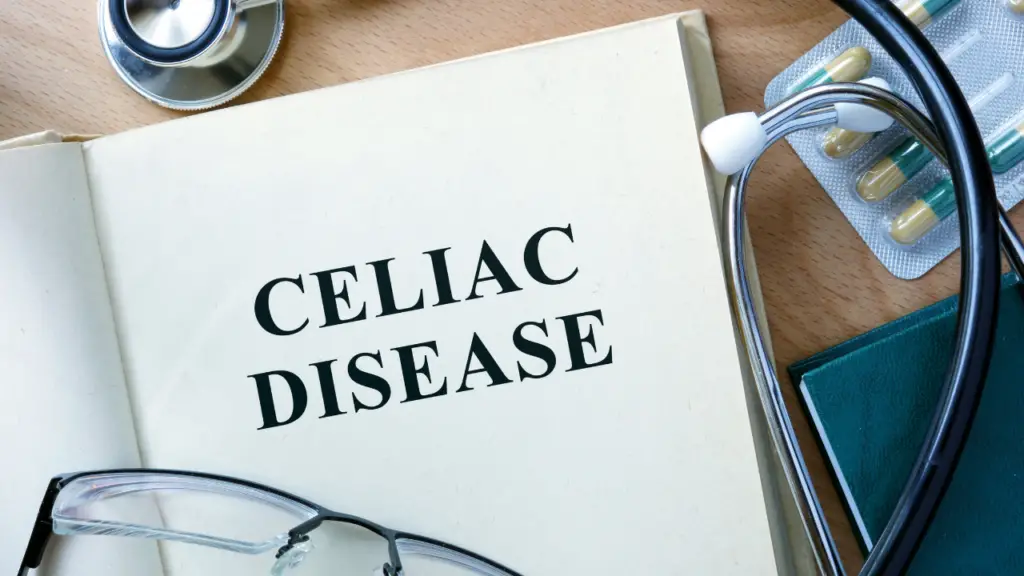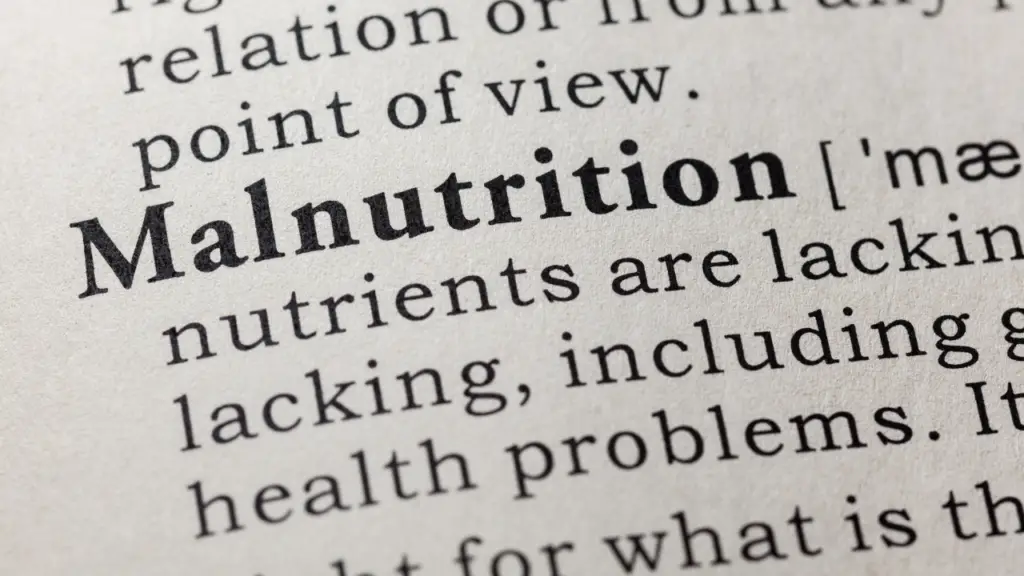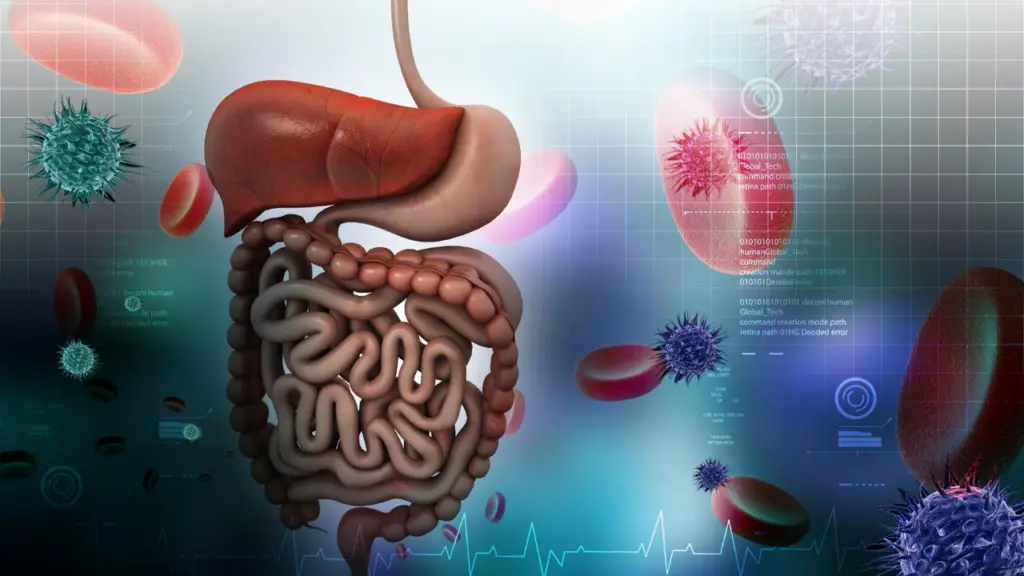Many see a gluten-free diet as a modern diet trend to improve their body's health. However, for celiac patients, it's a necessary lifestyle. Celiac patients can't turn their backs towards a gluten-free lifestyle.
There have been recent studies on celiac disease and its relevant factor, but a lot remains mysterious to the general public, especially to those that suffer from it. Now, awareness is needed more than ever before so that those at risk of celiac disease can understand the disease and take the right actions timely. The following are several facts you might not know about the condition.
1. Celiac Disease and Gluten Sensitivity Are Different
Celiac disease is an autoimmune disorder where the immune system starts to attack the intestines when gluten particles enter the digestive tract. Alternatively, non-celiac sensitivity occurs when a person's body cannot tolerate gluten particles and, in return, gives rise to a chain of events that causes digestive problems.

The two have similar symptoms, but celiac disease is a genetic problem that can have detrimental long-term effects on the individual by damaging the intestines permanently. Meanwhile, gluten sensitivity does not harm the internal organs in the long-term period. You'll only face short-term symptoms after gluten consumption.
2. It Isn't Wheat Allergy or Wheat Sensitivity
Another common misconception is the belief that celiac disease is similar to wheat allergy or wheat sensitivity. Undiagnosed coeliacs go as far as self-diagnosing and eliminating wheat from their diet, only to observe that their symptoms retain. Wheat allergy is a health condition that triggers the immune system when wheat-based products enter the body.

And wheat sensitivity is when digestive symptoms occur after ingesting wheat-based products. On the other hand, celiac disease is an autoimmune response whenever any gluten-based product enters the body. Gluten-based grains aren't limited to wheat; they include rye, barley, spelt, among the basic ones.
3. The Percentage of Celiac Patients Continues to Increase
Studies show that celiac disease is growing at an alarming 7.5 percentage each year, higher than ever. The definitive reason behind the sudden increase remains unknown. Some researchers have related the acceleration in celiac disease to a decrease in strengthened immune systems due to the lesser intake of nutritious food.

Others say that it's due to ‘more sanitary environments that are the immune system cannot fight external substances as efficiently. Another group says the mixed hybrid of grains manufactured nowadays in the agricultural industry is to blame.
4. You Can Genetically Inherit It
Again, celiac is an autoimmune disease due to the genetic mutation in the HLA-DQA1 and HLA-DQB1 genes. An individual pertains to a higher risk of celiac disease if any of his/her first-degree relatives, i.e., parents, siblings, or children, are diagnosed with this genetic mutation.

Those without this mutation cannot have celiac disease. But, this does not mean everyone with the gene is at risk of celiac. From the 30% population with the genetic mutation, about 27% of individuals do not develop celiac disease. A proper celiac test can determine whether or not you are at risk of developing celiac disease.
5. Celiac Can Get Triggered at Any Age
Celiac disease doesn't have to be a condition that starts as soon as you add gluten-based grains in an infant's food. Many celiac patients live a significant portion of their life without any problems before the symptoms appear.

Studies prove that those aged 40-60 years old can develop celiac symptoms, even if they didn't before this age, considering they have specific genes. The reason is that with age, your immune system grows weaker, thus, triggering the disease. Other factors include external triggers like surgery, stress, infections, etc.
6. Increased Risk of Other Diseases
Celiac patients are vulnerable to developing other autoimmune disorders and conditions. A rule of thumb is the longer you wait to get tested for celiac and start a strictly gluten-free diet, the higher the risk of developing another autoimmune disorder or associated diseases.

The most common diseases linked with celiac patients are thyroid disease and type 1 diabetes. Celiac patients are more susceptible to develop conditions such as arthritis, certain types of cancers, chronic pancreatitis, psoriasis, Irritable Bowel Syndrome (IBS), etc.
7. Higher Chance of Infertility, Miscarriages, and Premature Birth
Studies state that the body's autoimmune response against gluten can result in infertility, miscarriages, and premature birth. Undiagnosed celiac disease is another reason for the increasing percentage of unexplained infertility.

The possible explanation for celiac affecting the reproductive system is the lack of nutrition and increased internal problems. As a woman, if you're having difficulty getting pregnant or experiencing recurrent pregnancy complications, get tested for celiac disease.
8. Celiac Disease is Associated with Mental Disorders
Among undiagnosed celiac patients, another common complaint is the decreased quality of life. Celiac patients are at a heightened risk of developing mental disorders, e.g., anxiety, depression, and fatigue.
Children with celiac disease are susceptible to mental illnesses like Attention Deficient Hypersensitivity Disorder (ADHD), decreased cognitive function, inability to sleep, etc. Some of these undiagnosed patients get a hold of their psychological condition and continue to thrive after switching to a gluten-free diet.

Others may face problems accepting the disease and alternating to a new lifestyle. In general, a gluten-free lifestyle for celiac patients has shown improvements in the quality of life.
9. Celiac Patients Suffer From Malnutrition
Celiac disease causes intestinal damage, and the intestines are responsible for absorbing the majority of the nutrients in your body. Intestinal damage means the intestinal layer isn't compact enough to absorb nutrients.

Untreated celiac disease results in excessive malnutrition, especially lack of nutrients like iron, Vitamin B, calcium, Vitamin D, zinc, and copper. After a medical diagnosis, celiac patients need to add multivitamin and mineral supplements to their diet till their intestines recover from the damage.
10. There Are More Than a Handful of Symptoms
Most people know the common digestive symptoms that indicate celiac disease, e.g., bloating, abdominal cramps, diarrhea, gas, etc. But, there is more to it than most know. Experts state that celiac disease has as many as 281 symptoms.

The real problem is that many celiac symptoms correlate with symptoms of other diseases. As a result, it leads to a delayed celiac diagnosis in most cases. And, since celiac patients are at higher risks of having other conditions, there's a chance the symptoms are overlapping with another developing disease.
11. Celiac Disease Can be Tested, Gluten-Sensitivity Can't
Celiac disease occurs genetically; your immune system will produce antibodies against gluten particles that will appear in a blood test. Therefore, medical diagnosis of celiac disease is possible and widely available. Non-celiac sensitivity is symptoms triggered by gluten intake that have nothing to do with the immune system.

The body isn't releasing any specific antibodies in response to the gluten; it's just the symptoms. For this reason, there are no medical tests that can prove gluten sensitivity. The only thing a medical expert can tell you is to go gluten-free to manage your symptoms.
12. There is No Definitive Cure Yet
Celiac disease doesn't leave you with many options. There are no medications or treatments that'll cure a celiac patient of their gluten intolerance, magically make the symptoms vanish, and let them eat gluten again.

The only thing you can do to suppress the symptoms and avoid further intestinal damage is to follow a strict gluten-free diet, meaning you need to eliminate any foods and drinks with gluten in them. Also, you can't give in to your gluten cravings every once in a while either if you have celiac disease, you'll only be harming your body.
13. Not Everyone Responds to a Gluten-Free Diet
Some patients complain about celiac symptoms not being helped even after switching to a gluten-free diet. While it is rare, it can happen due to hidden gluten in foods, cross-contamination, or other conditions. If you're one of these people, the first thing is to ensure you're strictly eating gluten-free meals without the risk of cross-contamination.

Secondly, the reason could be other conditions with similar symptoms that cause intestinal damage like Irritable Bowel Syndrome (IBS). In some cases, lactose and fructose intolerance alongside celiac disease can cause intestinal damage despite going gluten-free.
14. Celiac Disease Isn't Just Related to the Digestive System
Celiac disease does not limit its damage to the digestive tract, though that is where most of the damage occurs and causes digestive problems. That doesn't mean any other part of your body cannot experience the suffering of unmanaged celiac disease.

With malnutrition due to intestinal damage, almost all of your body suffers from various conditions. Your bones become weaker, headaches more recurrent, reproductive system a mess, chronic fatigue, damaged teeth enamel, and skin conditions that won't leave, to name a few.
15. Going Gluten-Free Can Result in Misdiagnosis
Treating celiac symptoms by going gluten-free and then heading towards a celiac test can result in misdiagnosis. The body needs to produce specific antibodies in response to the consumption of gluten particles.

When a celiac patient eliminates gluten from their diet, the result can come out as false negative. The body stops producing the antibodies due to the absence of gluten. Hence, doctors suggest eating a gluten-based diet for 6-8 weeks before planning to go for a celiac test. However, if your symptoms are aggressive, seek medical assistance immediately.
16. The Recovery Doesn't Happen Overnight
The assumption that once a celiac patient goes gluten-free, the improvement starts happening almost immediately, and their internal organs heal within a few weeks is as wrong as you can get.

It takes months and sometimes years for the intestinal damage of a celiac patient to fully repair. The more delayed the diagnosis, the more intensive the damage, and the longer it takes to heal. The general estimate is three years for a celiac patient to fully recover from the intestinal injuries of gluten consumption before going gluten-free.
17. Gluten Can Hide in Many Foods
Bread, pasta, cereal, and baked goods are the mighty soldiers of the gluten-based gang. Some gluten-based grain products are easier to identify, but the same doesn't hold for others. Restaurant foods are off-limits for celiac patients unless the restaurant guarantees gluten-free food without cross-contamination risks.

But, the most common gluten-based products coeliacs overlook are processed foods. Condiments, dressings, canned foods, dairy products, processed meat; everything that comes out of a factory and isn't natural produce is at risk of hidden gluten ingredients or cross-contamination. As a celiac patient, only trust gluten-free labeled or certified food products.
18. Gluten-Free Isn't Always Healthier
Gluten-free foods should mean they're healthy for celiacs, but that isn't the case. The fact is that gluten-free foods eliminate any gluten-based component, but they're still incredibly unhealthy for the body because they are processed foods.

Many gluten-free food products are high in sugar, sodium, or other chemical additives. Excessive eating of these unhealthy foods can result in long-term health problems like cardiovascular disease, diabetes, cancers, and obesity. Choose your gluten-free food products more wisely than grabbing anything labeled GF.
19. Foods Aren't the Only Gluten-Based Products to Avoid
Besides foods, gluten is a primary ingredient in tons of manufactured products. Drinks, especially alcohol and store-bought drinks, can contain a damaging quantity of gluten for celiac patients. Some medications include gluten. Similarly, skincare and cosmetic products often have gluten additives.

These are not known to cause too much damage, but celiac disease interlinks with several skin conditions like eczema. And, accidentally ingesting these products is harmful to your body. Double-check your medications and buy gluten-free skincare and makeup products if you're noticing any skin-related issues.
20. Some Celiac Patients Don't Show Symptoms
You don't need to experience celiac symptoms to have celiac disease. Studies portray that individuals with positive celiac results may not show any digestive problems, the term being ‘silent celiac disease.' It's possible when the immune system isn't as responsive to gluten particles yet, or the damage isn't extreme.

But a delayed celiac diagnosis does proceed to long-term problems that can become serious in the later phase of life. Children with coeliac parents can develop severe symptoms once they hit puberty and their immune system strengthens. Experts advise children with coeliac parents or those suffering from another autoimmune disease to go for a celiac diagnosis.
Final Words
Only you can ensure a healthy body if you're at an increased risk of developing celiac disease or have noticed the symptoms and haven't gone for a diagnosis yet.
Living with celiac disease is a life you won't be able to live to your fullest, and we don't recommend doing it either when accurate diagnosis and a gluten-free diet are at your grasp.







1 thought on “20 Things You Might Not Know About Celiac Disease”
Comments are closed.